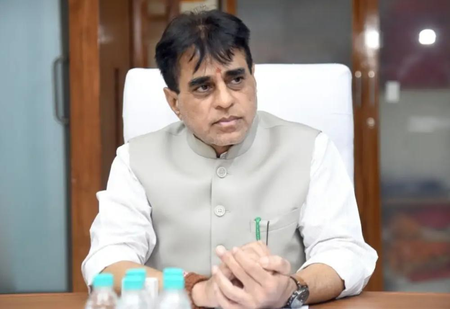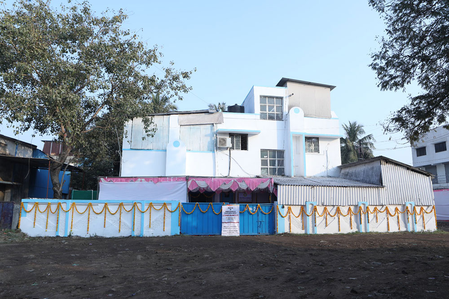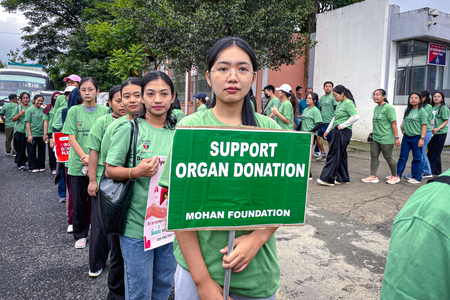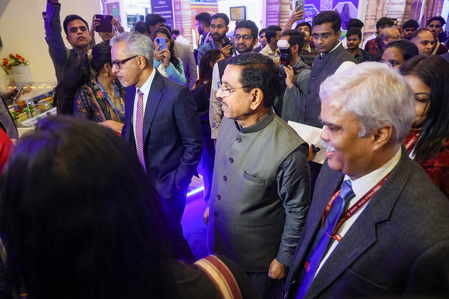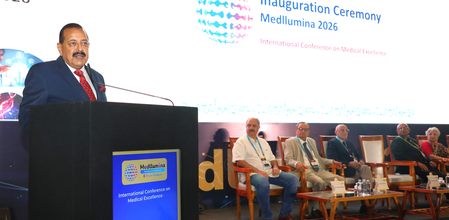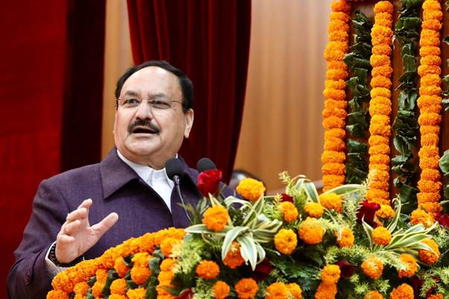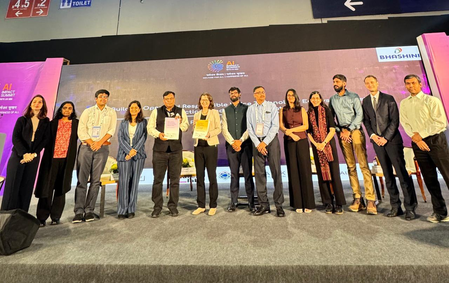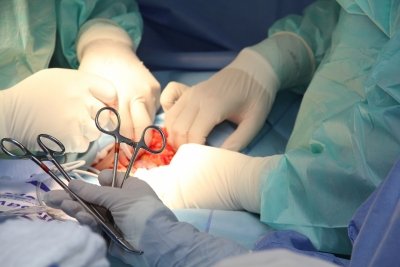
New Delhi, Feb 24 (IANS) India’s tourism sector is poised to get a big push with the Union Budget for 2026-27 proposing a series of targeted interventions to strengthen institutional capacity, enhance service quality, and improve destination competitiveness.
Tourism has a significant potential for employment generation, foreign exchange earnings, and balanced regional development. Owing to its strong multiplier effect and capacity to create livelihoods across hospitality, transport, handicrafts, and allied services, tourism has been identified as a strategic growth driver in the Budget, according to an official factsheet issued on Tuesday.
Based on the ‘India Tourism Data Compendium 2025’ by the Ministry of Tourism, the sector contributes 5.22 per cent to India’s GDP (total impact), with a direct share of 2.72 per cent. It also supports 13.34 per cent of total employment, with a direct employment share of 5.82 per cent, reflecting its strong role in livelihood generation and inclusive development.
Major initiatives that will be undertaken, following the presentation of the Budget, which include destination development and of the modernisation tourist sector through proposals for heritage and experiential site development, creation of digital knowledge grids for tourism assets, and promotion of nature-based and wildlife tourism.
The focus will be on preserving temples and monasteries, creating pilgrimage centres, and improving connectivity and amenities in Arunachal Pradesh, Sikkim, Assam, Manipur, Mizoram, and Tripura.
Five major tourism destinations will be developed across Purvodaya States with 4,000 e-buses for connectivity as part of the proposals. Besides, five regional medical hubs will be established, to promote India as a hub for medical tourism services.
The proposals also include the development of 15 archaeological sites including Lothal, Dholavira, Rakhigarhi, Adichanallur, Sarnath, Hastinapur, and Leh Palace with the aim of converting them into developed vibrant, experiential cultural destinations.
As part of the package, India plans to host the first Global Big Cat Summit, bringing together leaders and ministers from 95 countries, reinforcing India’s leadership in eco-tourism diplomacy.
Other proposals to accelerate the development of tourism are the establishment of a National Institute of Hospitality to address skill gaps and align academic training with industry requirements, as well as a pilot programme to upskill 10,000 tourist guides at iconic destinations through partnerships with premier institutions. These measures are aimed at improving workforce productivity and elevating visitor experiences across key tourism circuits.
Overall, the Union Budget 2026–27 positions tourism as a resilient and high-impact sector within India’s economic framework, with a clear focus on job creation, investment stimulation, and sustainable growth across regions, the factsheet added.
–IANS
sps/na


